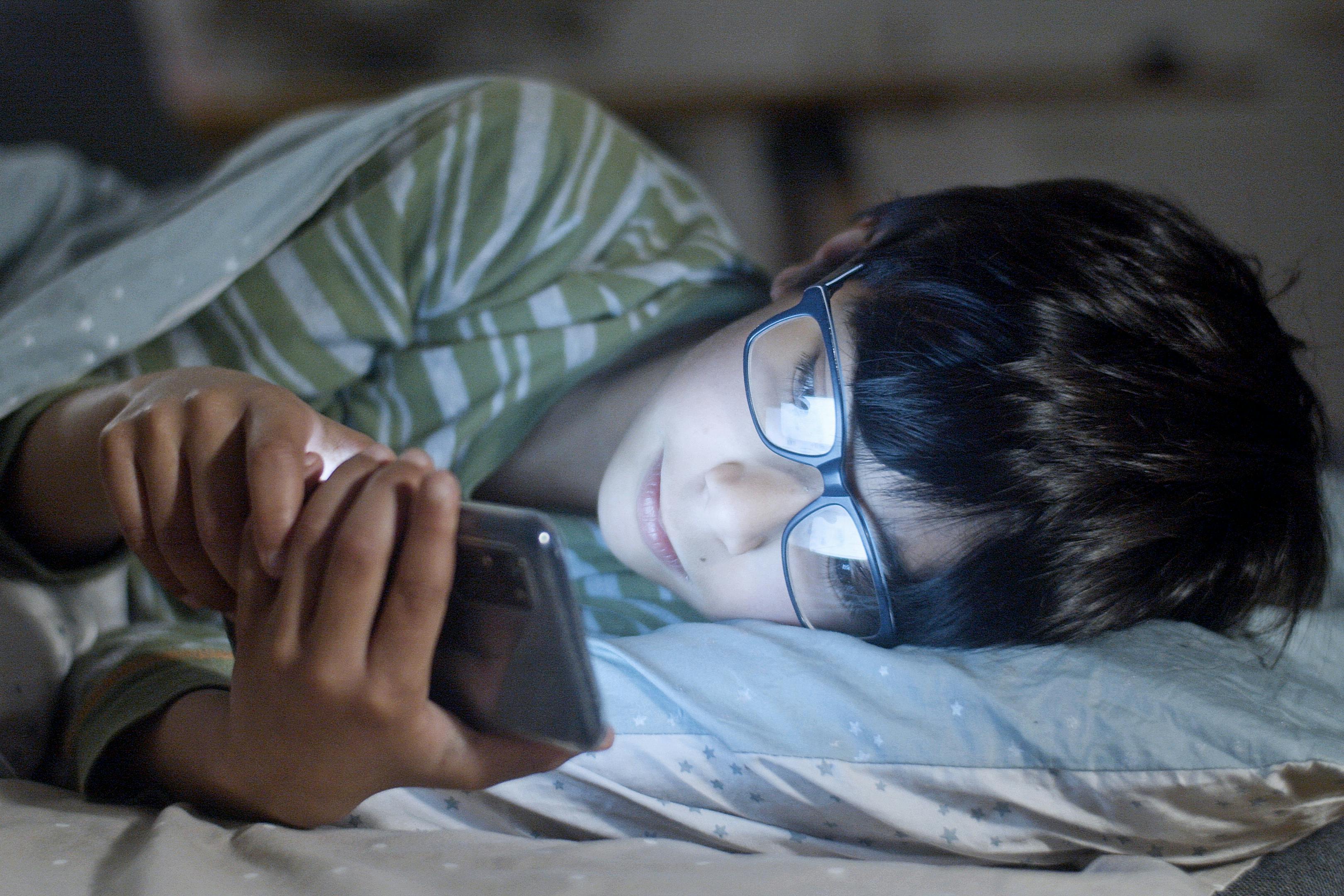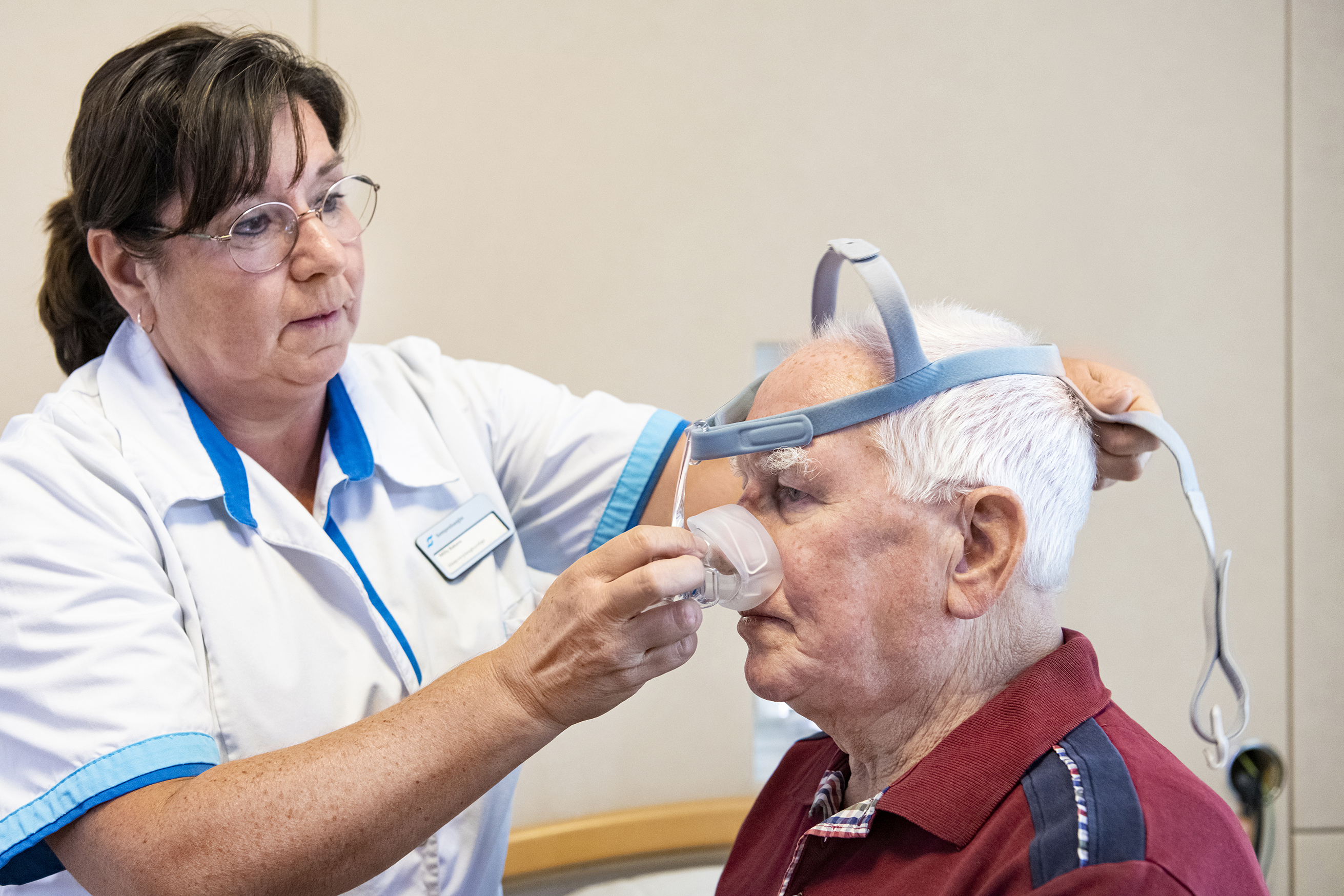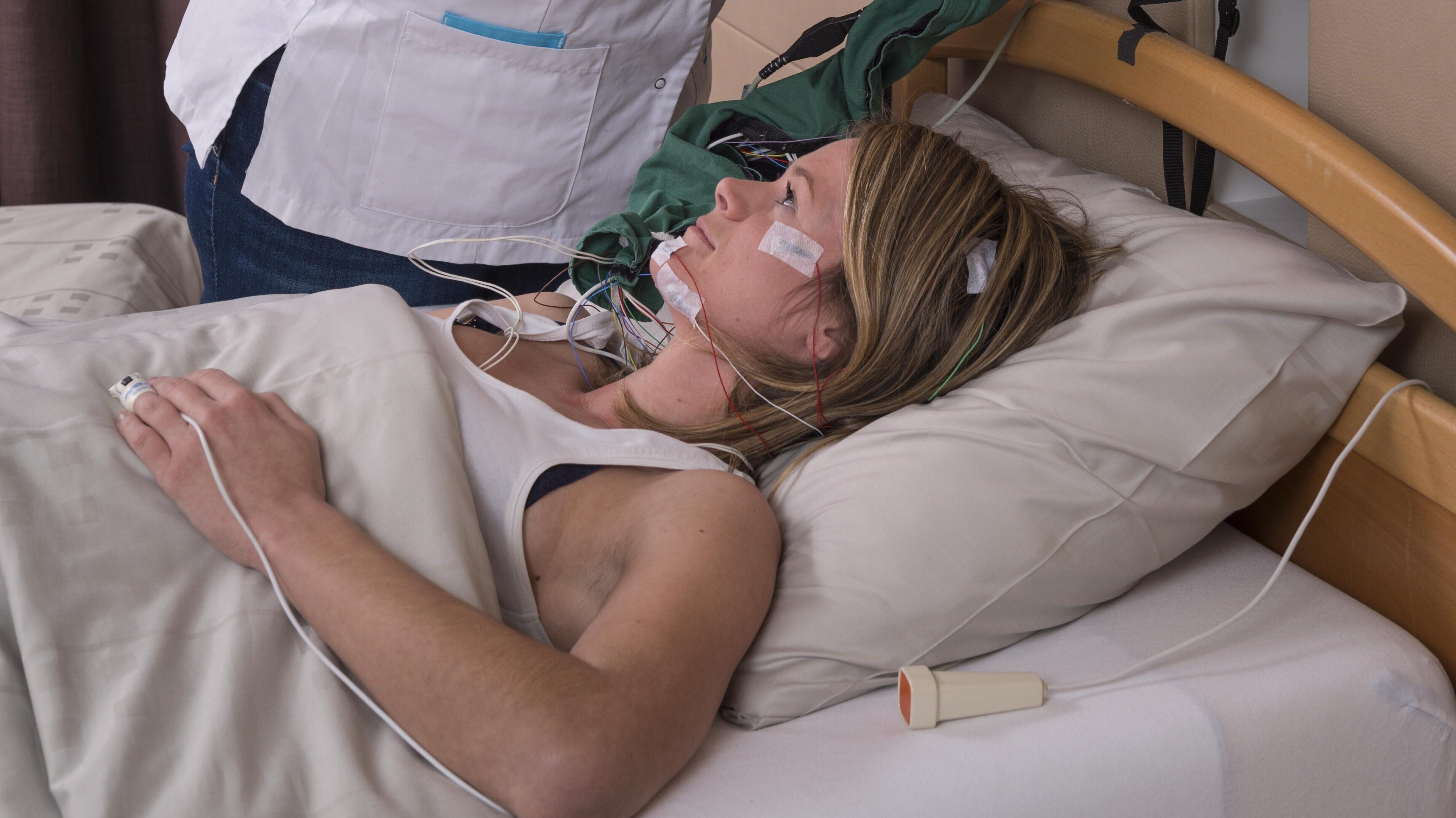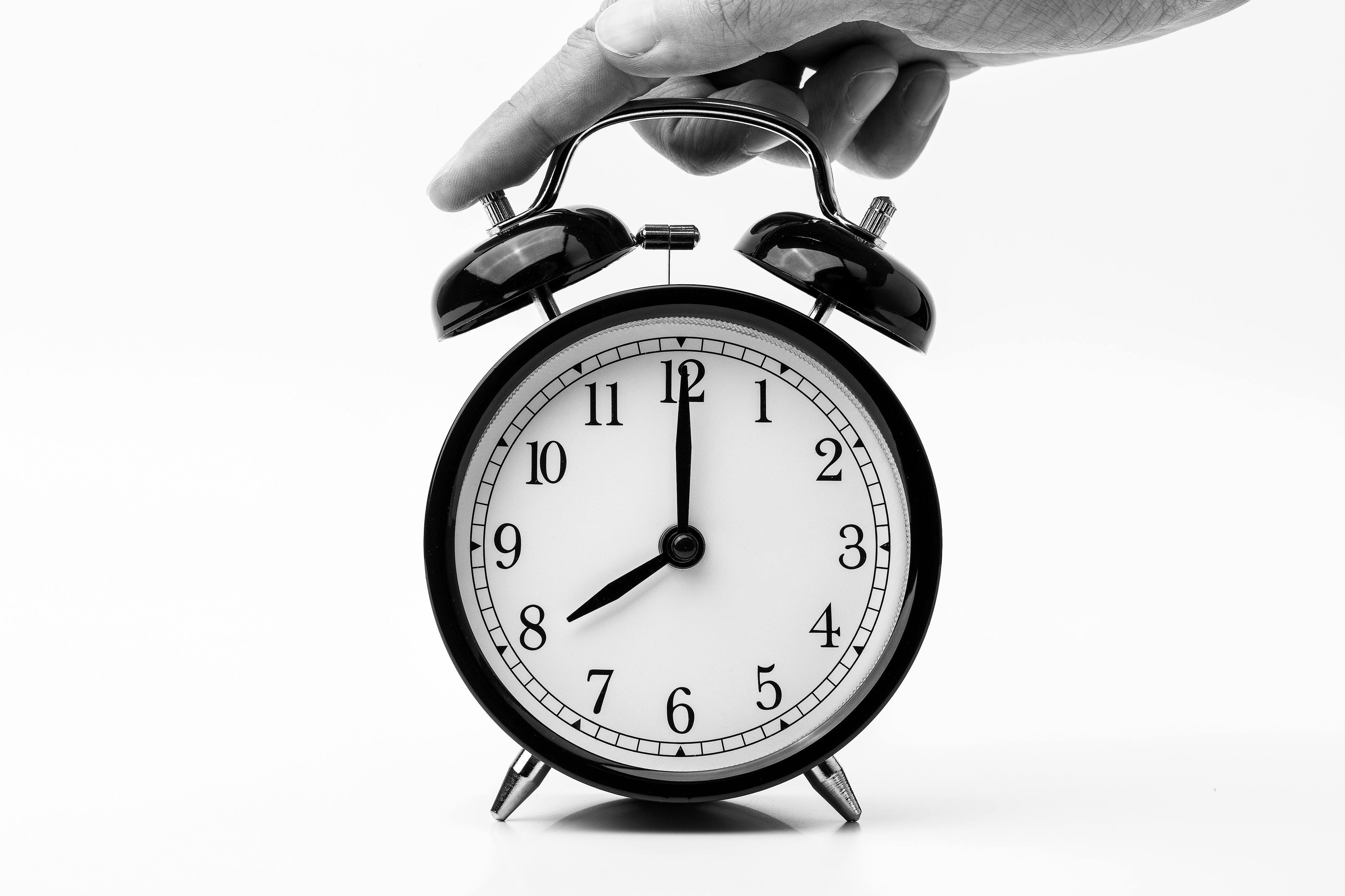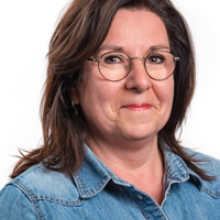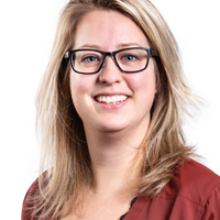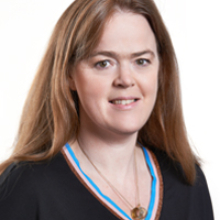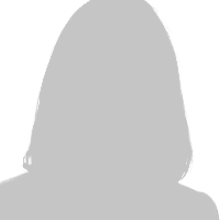Center for Sleep Medicine
A good night's sleep is essential. Because when you don’t sleep well, it can lead to various complaints and difficulty functioning during the day.
At the Center for Sleep Medicine at Kempenhaeghe, we have extensive knowledge of sleep and all known sleep disorders. We work with a highly specialized team of experts, including neurologists, pulmonologists, pediatricians, psychologists, and nurse specialists. All of them are somnologists: experts in the field of sleep medicine. Within our center, we primarily focus on patients who struggle to establish an accurate sleep diagnosis or who are unable to manage their sleep disorder effectively. We also assist people with complex or rare sleep disorders, or combinations of different sleep problems. Additionally, we have considerable experience with sleep disorders in children, the elderly, and individuals with intellectual disabilities.
Your specialist or general practitioner can refer you to us. You will be seen at Kempenhaeghe for diagnosis and the development of a treatment plan. Once your situation is stable, you are usually referred back to your local healthcare provider.
Reffer
Would you like to refer someone to the Center for Sleep Medicine?
Working at Kempenhaeghe
Looking for a job in sleep medicine?

